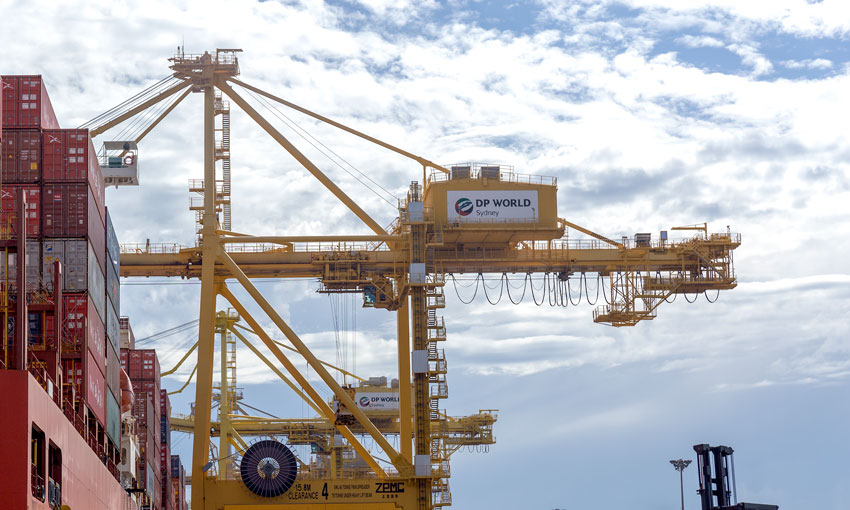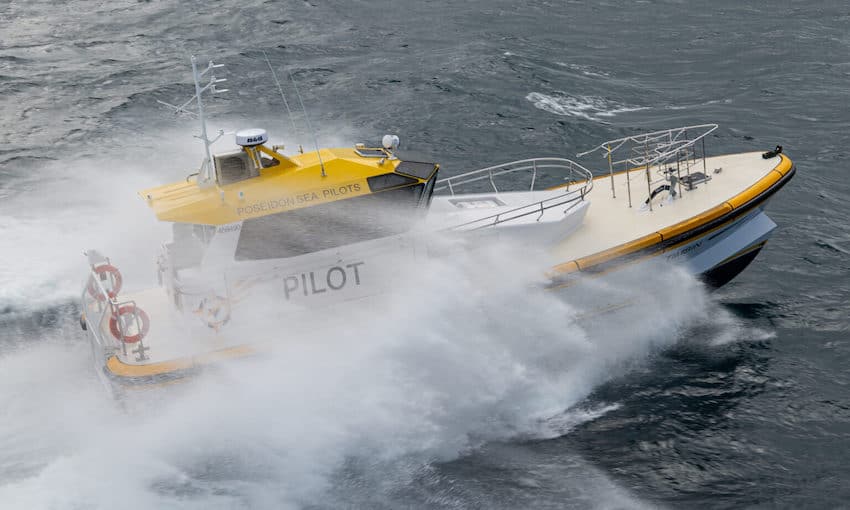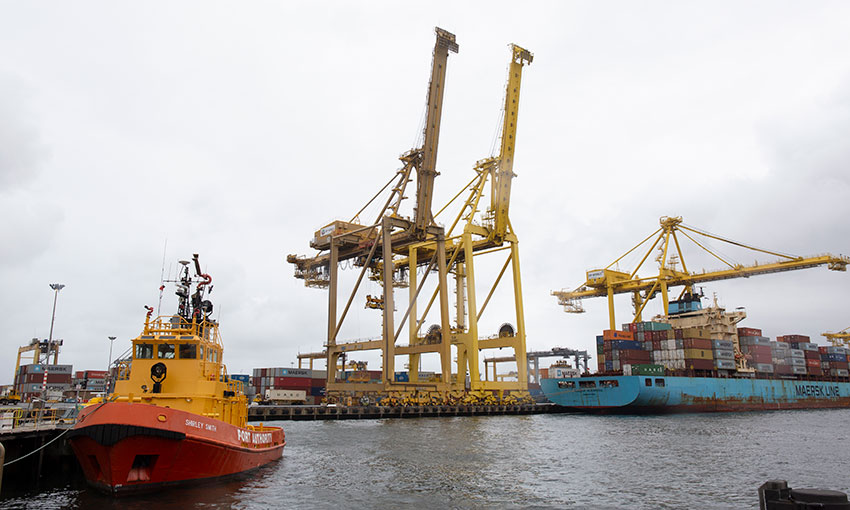THE Fair Work Commission has refused Qube Ports permission to appeal against a decision regarding whether an employee who was stood down should have been offered a voluntary redundancy.
The decision by vice-president Hatcher, deputy president Cross and commissioner Hampton means that the employee was entitled to be offered a voluntary redundancy package rather than having been indefinitely stood down.
Details of the case
At the Port of Sydney Harbour, Qube runs an operation loading and unloading cargo from cruise ships. In March 2020, the federal government banned international passenger ships from Australian waters, and cruise lines halted operations in the country (cruise calls are due to recommence this month). As a consequence, Qube’s operations at Sydney Harbour ceased.
The employee that the case concerns was one of 19 who worked for Qube at Sydney Harbour. Under the enterprise agreement, the employee was engaged as a “variable salary employee”. This means he was paid a minimum annual salary, paid fortnightly. The employees’ hours are variable according to work demands at the port, and they earn an hourly rate for all hours work. When their hourly earnings in a fortnight exceed the salary, they are paid the greater amount, and when their hourly earnings are less than the salary, they are paid the minimum amount and the shortfall is carried forward and deducted from future amounts that are in excess of the minimum salary.
On 1 April 2020 Qube notified employees that it would activate a clause in their contracts that was designed for when loss of work would lead to significant and ongoing hours shortfalls. The agreement stipulates that the company work through several steps, and eventually ask for expressions of interest for voluntary redundancies.
The employees were at first stood down and began receiving JobKeeper payments instead of their normal pay.
But, Qube became ineligible for JobKeeper payments at the end of September 2020.
Qube offered alternative employment for the Sydney Harbour employees at Port Kembla and agreed that they would be able to return to working at Sydney when work there resumed. However, the employee refused the offer, saying his personal circumstances would not accommodate it. All but one of the other employees accepted the offer.
When the process got to this stage, the CFMMEU made a request for the employee to be offered voluntary redundancy. Qube refused the offer and stood the employee down.
Qube said the stand-down was not permanent, and that as soon as stevedoring services resumed at Sydney, the stand-downs would be lifted, and that the offer of work at Port Kembla was reasonable.
The decision
In the decision to deny the appeal, the FWC wrote that in the original decision Deputy President Bull found that the employee’s “position at Sydney Harbour has not been required to be performed since March 2020, this position had not changed, and Qube was not in a position to advise when work at Sydney Harbour would resume”.
He also found that “there was no sustainable argument at the time that Mr Johnson’s position at Sydney Harbour was other than redundant as there was no work to be performed and it was unknown when this situation would change” and “there was no evidence that … indicated that Mr Johnson’s position at Sydney Harbour was not redundant”.
In its decision to refuse permission to appeal the decision the FWC said there was no information available at the time Qube ceased to be eligible for JobKeeper to indicate there was, or would be at some time in the future, work for the employee to perform that would remedy his hours shortfall.
“That remained the case as at the date of [the employee’s] standdown on 21 December 2020 (by which time he had accumulated a shortfall of over $14,000 in earnings to be carried forward), as at the date of the hearing before the Deputy President, and as at the date of the hearing of the appeal before us,” the FWC wrote.
“… [The employee’s] position was redundant as at 27 September 2020 and should have been declared as such. If this had occurred, he would have been entitled to express interest for voluntary redundancy and Qube would have been required not to unreasonably refuse that expression of interest.”
The full decision can be read on the FWC website.




